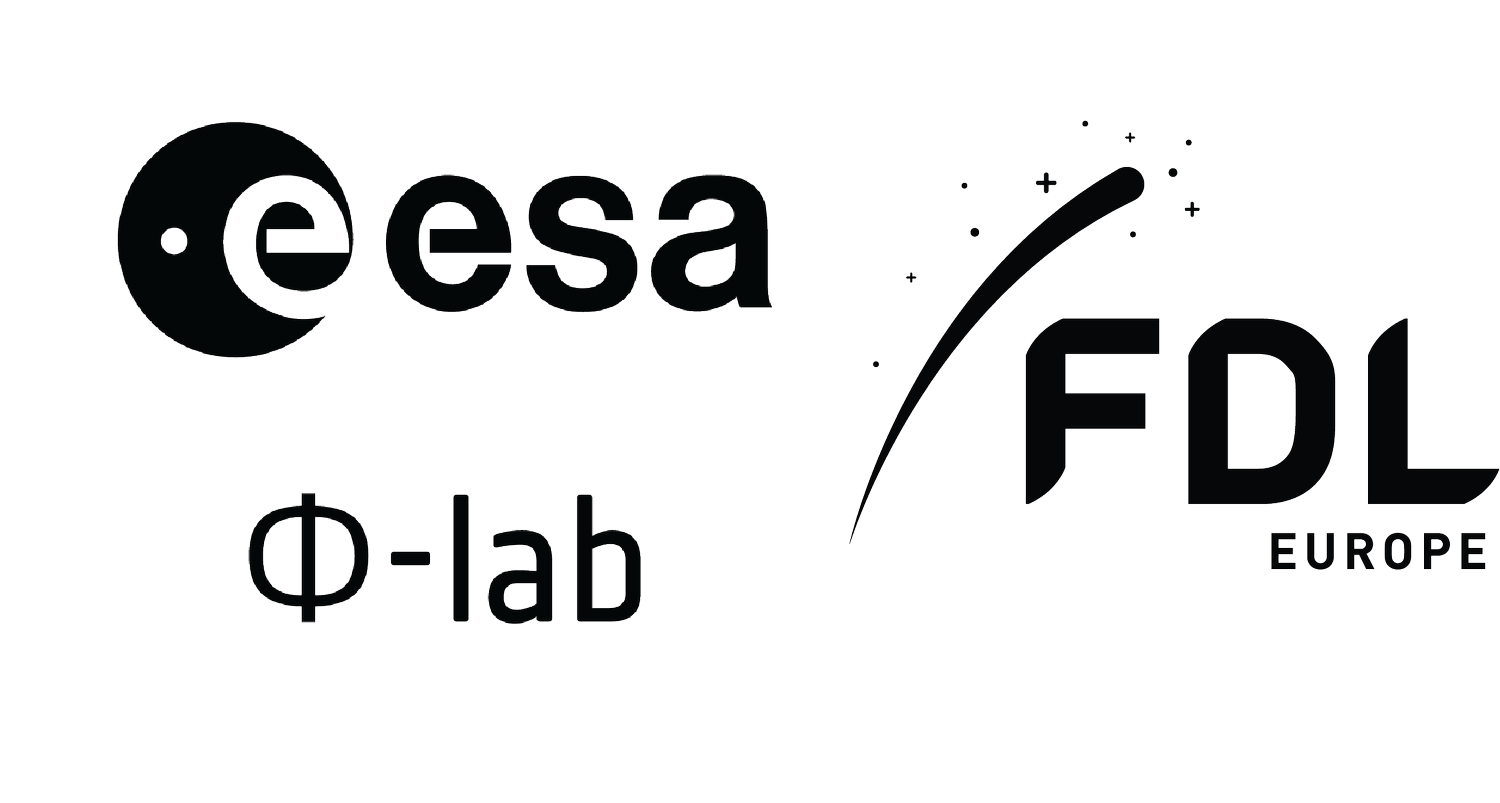FDL Europe 2019: Mission Support: Ground Station Pass Optimisation for Constellations Team
FDL Europe 2019: Mission Support: Ground Station Pass Optimisation for Constellations Team
Researcher Callum Wilson
Callum Wilson is a PhD student at the University of Strathclydeand is part of the ICELab research group within the Aerospace Centre of Excellence. His research topic is intelligent control for onboard spacecraft control with a focus on reinforcement learning techniques. He graduated with MEng Aero-Mechanical Engineering from the University of Strathclyde in 2018 and began his PhD in October that year. While the focus of his undergraduate studies was in mechanical engineering, through several research projects he gained experience in machine learning for control applications which led onto his current PhD research.
Learning forms an important part of intelligent control which combines theories from the fields of automatic controls, operations research, and artificial intelligence. With his research, Callum aims to exploit intelligent control methods for space applications to optimise spacecraft’s performance and safely explore unknown environments.
Researcher Ben Day
I’m a PhD candidate in machine learning at the Department of Computer Science & Technology at the University of Cambridge. I’m a physicist by training, doing my undergrad and masters in the physics department, moving into ML for my final year research project. My main research interests are in novel deep learning architectures, particularly for recursive reasoning and non-Euclidean (irregular graph) based problems. My latest work has come back to looking at physics problems with ML and I hope to continue on this trajectory, producing systems able to function as smart assistants in the natural sciences and maybe one day act as independent ‘AI Physicists’.
Researcher Luís F. Simões
Luís has, for approximately 10 years now, been pursuing his twin passions for Artificial Intelligence and Space. He is a former member of ESA’s Advanced Concepts Team, with whom he has collaborated on 4 editions of GTOC, the Global Trajectory Optimisation Competition. In that domain, he specialised on the multi-objective combinatorial optimisation of spacecraft trajectories having multiple targets. More generally, his main research fields are Evolutionary Computation and Neural Networks. His publications have been distinguished with two best paper awards, and a Gold Humie award. He speaks Portuguese, English and Python. Given the choice, he would rather communicate in this last one. Recently he created a Data Science consultancy company, which he aims to steer towards projects in the space sector.
Researcher Vinutha Magal Shreenath
Vinutha is a Data Scientist and PhD student at KTH Royal Institute of Technology in Sweden, working at the intersection of Systems Engineering, Design Science and Data Science. She has worked on decision making and design problems in transport, healthcare and insurance domains. Her research interests lie in human design capabilities and how they can be supported by Data Science, and in imitating human design cognition through AI. During her PhD she worked with Scania in designing future Electrical Road Systems, with Trafikverket in accelerating sustainable behavior and with health organizations for patient diagnostics. She has published in both domain and methodology oriented outlets. She worked as a Data Scientist for 4 years in industry after a Master’s degree in Computing Science from the University of Glasgow. While in the industry, she led data science teams working on expert search, tracking and analytics in social media.




